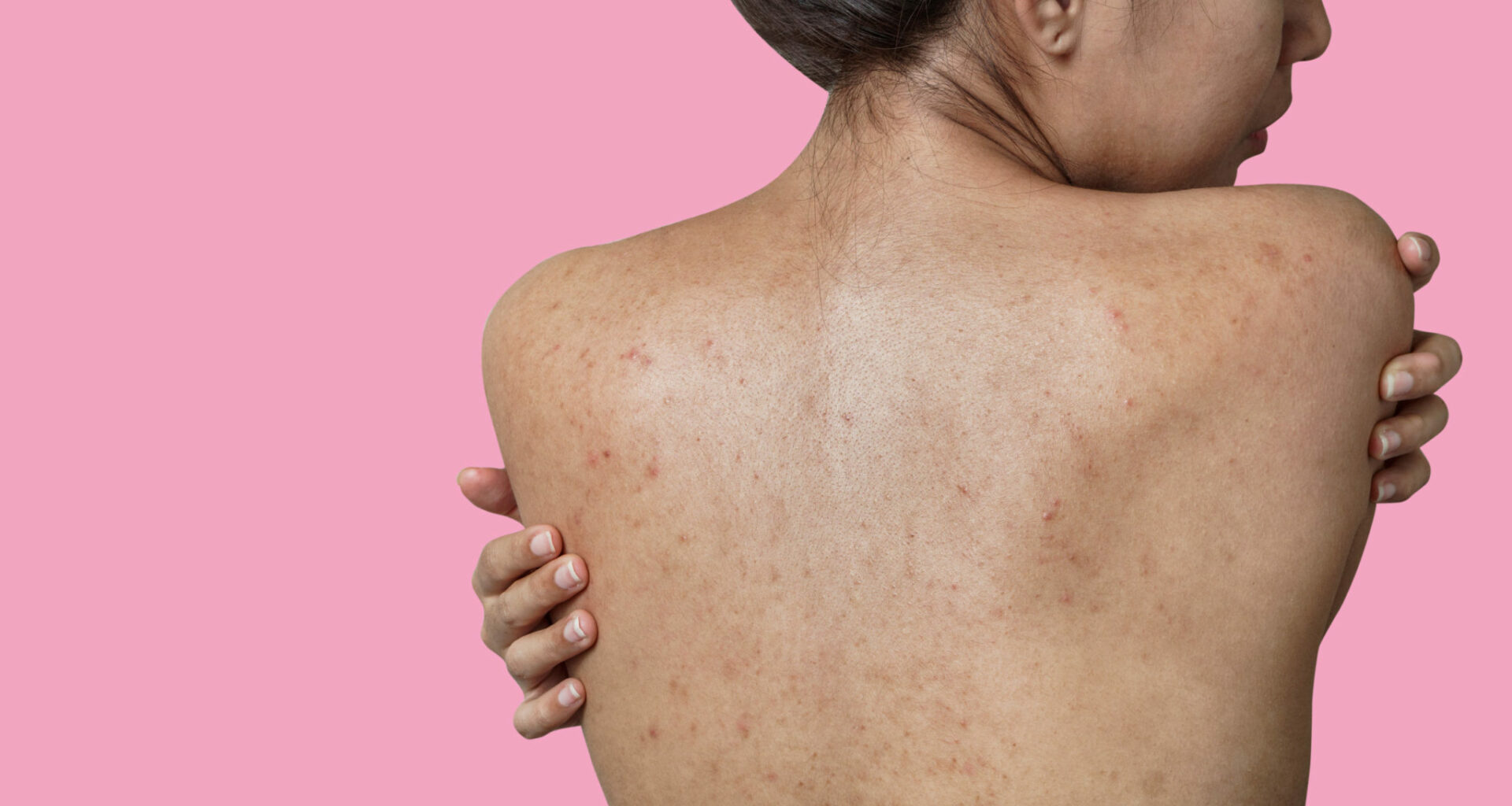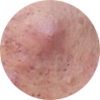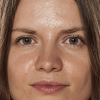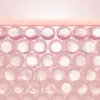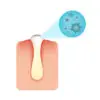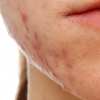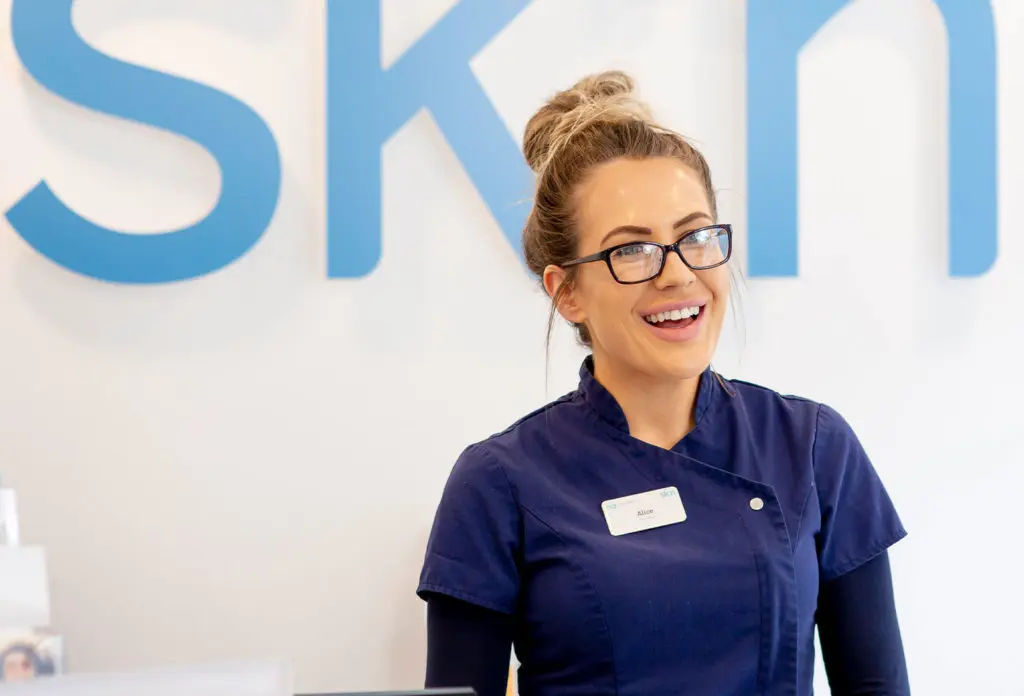
Back acne treatment at sk:n
Book an acne consultation with us at your nearest sk:n clinic. This costs £25 and you will be seen by a qualified acne specialist. They will confirm you have back acne and refer you to see a dermatologist, which will incur an additional fee.
It is likely the doctor will then prescribe you medication and you will be booked in for a skin review in a few weeks’ time. When your severe acne is under control with medication, you will be able to undergo further treatments to help your skin. Once we’ve tackled the problem of new acne breakouts, it’s time to work on any acne scarring.
At sk:n, we have the solutions to solve your acne concerns, for skin you love again.
From scientfically-formulated skincare for acne, to skin peels, we’ll recommend the right treatment plan for you.
Related Conditions
Request a callback
One of our friendly sk:n advisors will call you to book your consultation.
- More than 450 consultants, doctors, nurses and medical practitioners
- Regulated by the Care Quality Commission, Health Inspectorate Wales and Health Improvement Scotland
- Partner of the NHS
- Rated excellent by our clients on Trustpilot
- Strict safety and care protocols
